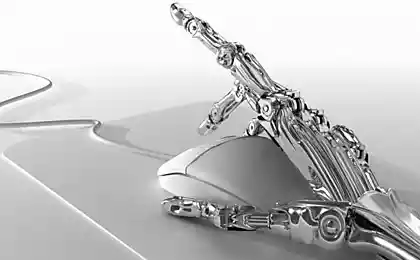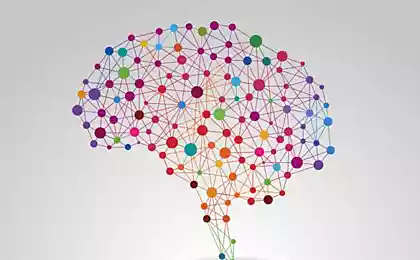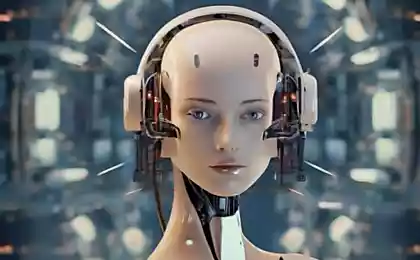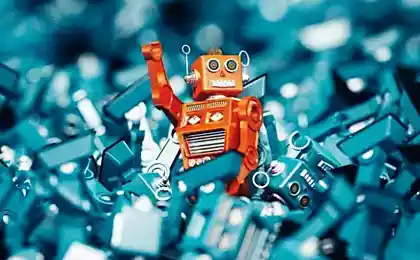478
Biological brains are unlikely to be the last stage of intelligence
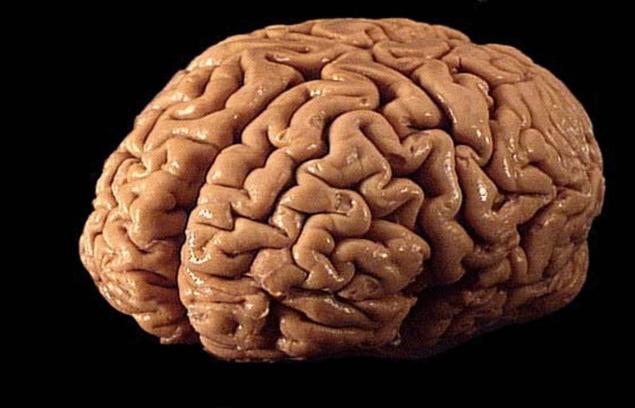
Cars already got superhuman strength, speed and stamina — and one day they will have superhuman intelligence. The only reason this may not happen, is if we first kill yourself with some swargaputri technology, or become victims of some global catastrophe. If we assume that technological progress will continue, machine intelligence of human level is likely to be developed. Then comes the turn of superintelligence.
To predict how much time it takes to develop such a machine, it is extremely difficult. There is no black and white answers, they say, "machines are stupid and will never become human beings" and "machines will become smarter than us very soon, out — artificial intelligence is born and ready to kill".
A survey among leading researchers of artificial intelligence suggests that there is a 50% probability that machine intelligence will reach human level by 2050 (it is the one that is able to perform most of the actions of the common man and will replace most of the human workers). This opinion does not seem absolutely insane. But there are a lot of uncertainties on both sides of this question: this will happen either soon or much later.
Similarly shrouded in mystery is the question of how we get to this point. There are several ways of development that will help us get there in the end, but we don't know which one fires first.
We have a concrete example of intelligent system — the human brain — and one obvious idea is to figure out how it works. To a full understanding of the brain we are still very far away, but it may happen that we will derive a number of basic computational principles that the brain uses, and the programmers will be able to adapt them to the computers without having to learn the nuances of biological.
We already know a few things about how the human brain operates: it's a neural network, it learns through repetition, he has the hierarchical structure, it is based on perception and so on. Perhaps there are a few basic principles that we must discover, and all this will be in a "neuromorphic AI": the basic principles are biological, but wrapped they are certainly not in biology.
Another way — a more mathematical approach "top-down" approach that borrows from biology, and just trying to get to work basic principles. This is a more desirable way of development than the neuromorphic artificial intelligence, because programmers will be good to understand what is happening on a deep level. Compare this with the fact that to pass the exams by yourself is better than just copy off of a classmate or a classmate.
In short, we need developers of artificial intelligence, which will grow it from a seed the size of a superintelligence, who understand what you are doing. In parallel, we could check mathematical theorems about the system and how it behaves up the ladder of intelligence.
One can also envision the path that will rely more on brute computational force, for example, through the use of genetic algorithms. This development would be undesirable for the same reason that neuromorphic AI, because it can lead to success and without a full understanding of what he's done. The presence of a large array of hardware to a certain extent could replace the deep mathematical understanding.
We are already familiar with the code, which could with enough computing power to become swarmintelligence agent. The AIXI model, for example. At best it'll destroy the world. Fortunately, the necessary amounts of computing power just physically impossible.
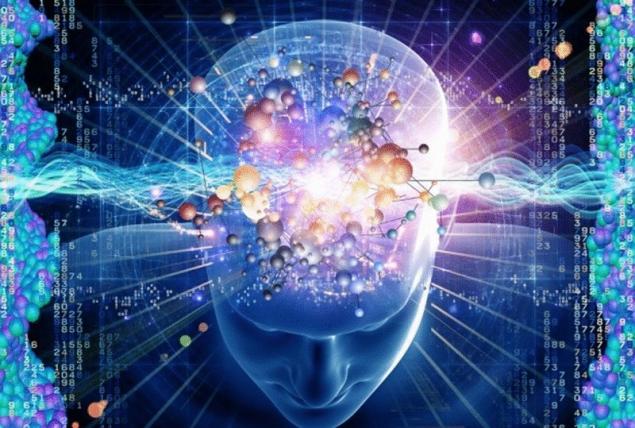
Way full emulation of the brain will logically lead to a complete digital copy of a specific human mind. The idea is to freeze or vitrificate brain, slice it into thin slices and feed those slices microscopes. Automated image recognition system then will recreate the map of the neural connections of the original brain. Three-dimensional map will be combined with neurovasculature model the functionality of different types of neurons, and the whole computational structure would work on a sufficiently capacious supercomputer. This approach looks very complex, but guarantees certain theoretical breakthroughs.
In principle, we can assume that will happen fairly accurately emulate a digital brain, retaining all the beliefs, desires and personality of the individual uploaded. But before the technology reaches this level of perfection, emulation will be extremely rough. And before emulation of the brain will lead to success, but it will result in neuromorphic AI.
Perhaps the most attractive path to machine superintelligence would be an indirect, in which we have a good understanding of their own biological structure. This can be achieved through, say, genetic engineering and institutional innovations that improve our collective intelligence.
Not to say that somehow it will allow you to "keep up with the machines" — the ultimate limits of information processing in the brain machinery is much higher than the biological brain. But the cognitive development of mankind is closely connected with the development of cars: it brings the day when machines will surpass us in development, because smart people contribute to the progress in computer science.
Source: hi-news.ru
The number of wild animals on the planet over the past 40 years has been halved
Where and how to meet investors
